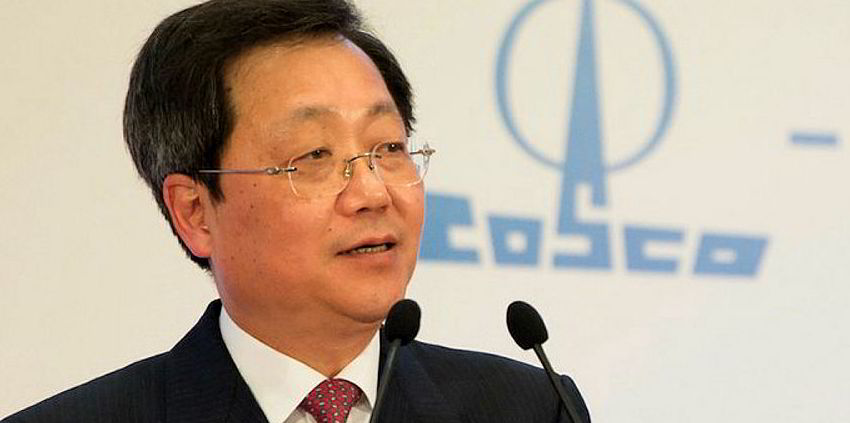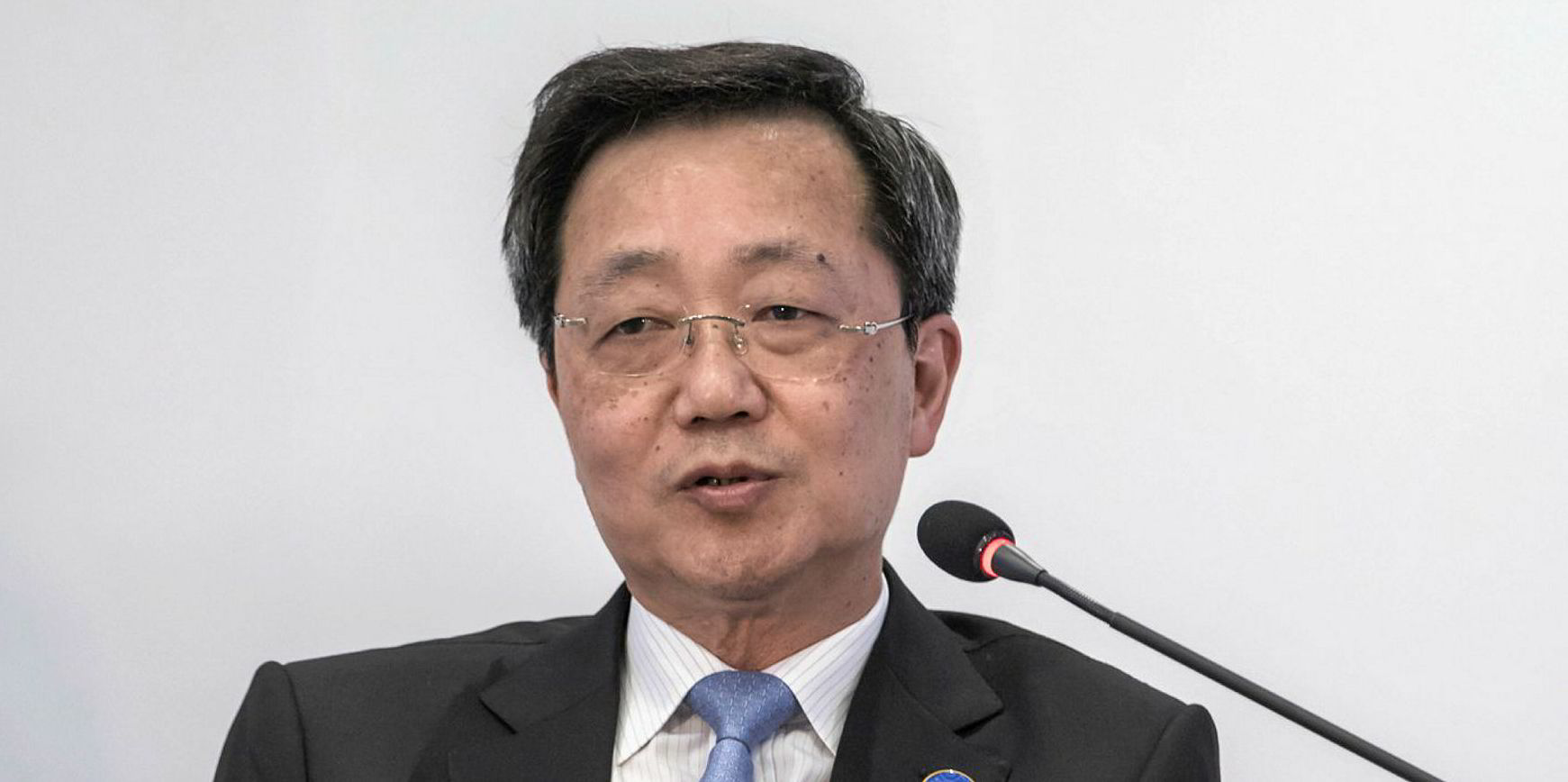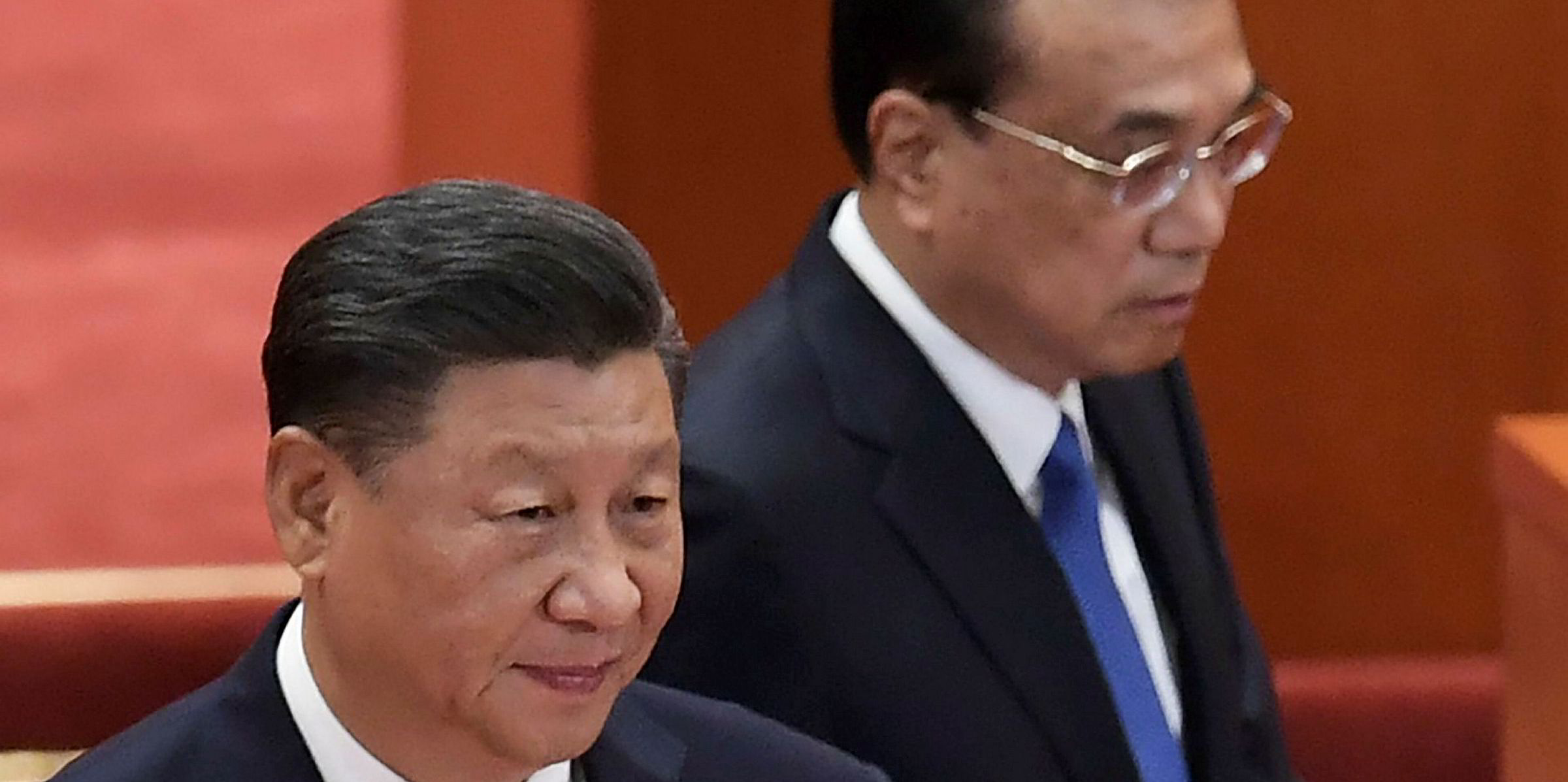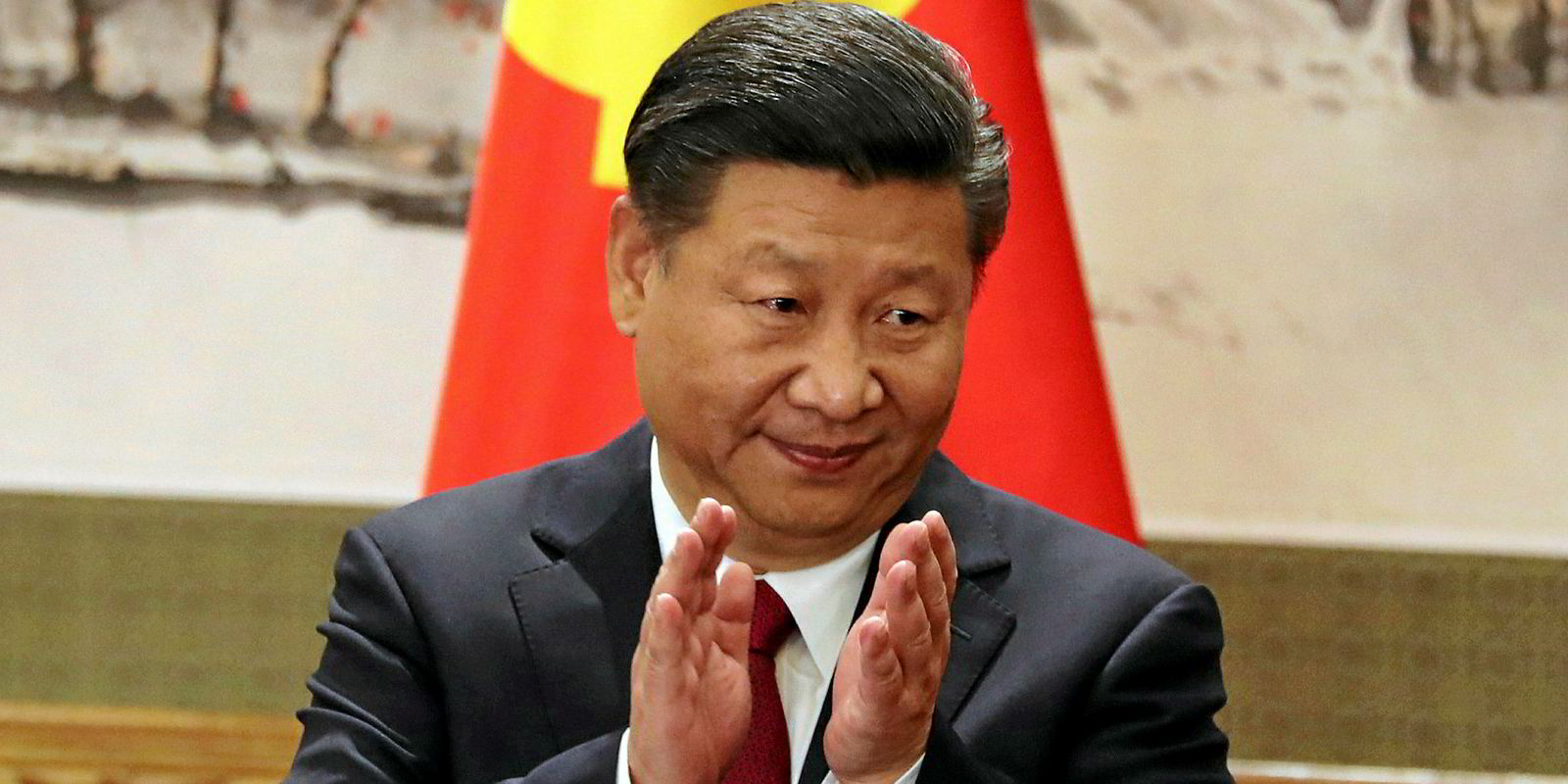When looking back at his career of more than 40 years in maritime transport, the face of China Shipping should be proud of his achievements.
Under Xu Lirong’s leadership, China’s national flagship carrier is not just known for its huge size, it has also become profitable and has modernised.
And what the 62-year-old does reflects the world’s largest seaborne trading nation’s vision for shipping.
Xu began his first job as a seafarer when he was 18. Since then, he has risen through the ranks of various state-owned shipping companies.
In 2011, he became president of China Shipping (Group), then the country’s second-largest maritime conglomerate. He took over as chairman two years later.
Then Xu was appointed the first chairman of China Cosco Shipping, born out of the merger between Cosco Group, the number one player, and China Shipping in early 2016.
Backed by Beijing, the state conglomerate has embarked on a series of expansions and corporate restructurings.
Cosco Shipping’s tasks have been made easier by generally enjoying easy access to financing at home and abroad due to sovereign support. But Xu has also made shrewd business moves to gain popularity in the capital markets.
The group’s yard and dry bulk operations, which had suffered heavy losses, were taken private not long after the merger.
On the public front, Xu allowed the listed companies controlled by Cosco Shipping to obtain prized assets, which boosted their profiles among stock investors.
The parent group transferred a large young VLCC fleet and about 30 LNG carriers tied to long-term charters with Chinese state energy firms to its tanker arm, Cosco Shipping Energy Transportation (CSET).
Cosco Shipping Holdings, the container shipping and port unit, acquired Orient Overseas International, one of the industry’s most profitable box carriers, for $6.3bn.
Fortune says the group recorded a $1.55bn profit on revenues of $42.6bn in 2019. It had assets totalling $118bn. Cosco Shipping ranked better than AP Moller-Maersk for the first time in the magazine’s 500 list: standing at No 279, ahead of the Danish giant at 294.
Pioneering initiatives
Today, Cosco Shipping controls nine companies listed in Athens, Singapore, Shanghai and Hong Kong, and many more non-public entities. It has the world’s largest fleet in operation and on order.
Its website lists 1,362 vessels totalling 109m dwt. They include the world’s largest oil tanker fleet (208 ships of 26.2m dwt), bulker fleet (449 ships, 43.2m dwt), general and specialised cargo fleet (147 ships, 4.27m dwt) and the third-largest boxship fleet with a total capacity of 3.1m teu.
The group has invested in 51 terminals across the globe with an annual throughput of 127m teu while operating large bunkering, container leasing, offshore engineering and vessel agency businesses.
Approaching the official age limit of 63 for executives at state-owned enterprises, Xu is expected to retire by the end of next year.
But his company continues to push for pioneering initiatives with big Chinese firms such as Alibaba and PetroChina, including blockchain projects.
In December, CSET ordered the world’s first VLCC that can run on both LNG and conventional fuel at Dalian Shipbuilding Industry.
Cosco Shipping’s future plan embodies how China envisages itself in the maritime scene — and that matters to the whole industry.
Less known internationally but more important domestically, Xu’s second title at Cosco Shipping is Chinese Communist Party secretary. The one-party state has established internal groups at government-controlled firms to protect Communist interests and provide strategic directions.
This can put Cosco Shipping in a tricky spot as China’s relationships with some countries in Asia and the West continue to deteriorate.
Last year, the US sanctioned two Cosco units for allegedly trading with Iran, an ally of China. CSET subsequently slumped to a fourth-quarter net loss of $22m.
If there is to be a new Cold War, China will need to navigate geopolitical conflicts by maintaining maritime trade through Cosco Shipping. So will many groups in shipping if they want to do business with the world’s second-largest economy.







